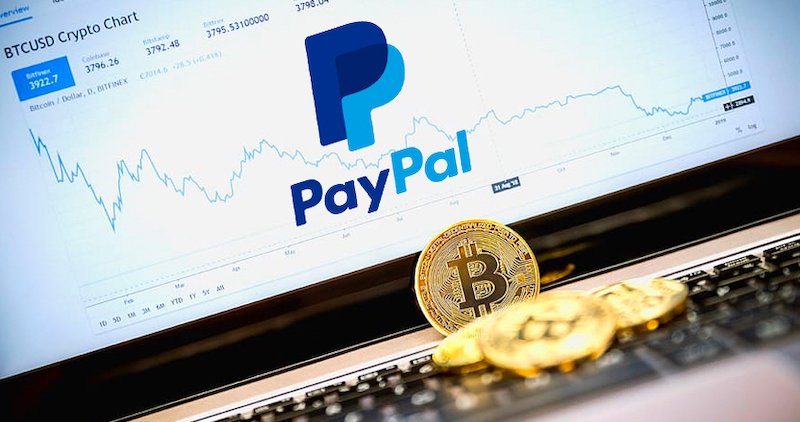
In the coming weeks, PayPal will roll out cryptocurrency buying, selling, and custody capabilities on its platform for US users, but the service will not allow users to make withdrawals or deposits of coins.
According to the rules of the Internal Revenue Service, cryptocurrencies like bitcoin (here's how to buy Bitcoin with PayPal) will be treated as property; therefore, whenever someone buys, sells or trades a digital asset, it will be considered a taxable asset to which capital gains tax applies.
Pay for coffee with BTC
According to PayPal's plans, to make cryptocurrencies a "source of funding" for purchases from its 26 million customers, it will have to make it possible to pay for a cup of coffee using BTC via PayPal, even though the transaction could result in a capital gain or a loss of a few cents.
Since PayPal said transactions with merchants would be settled in fiat, a tax obligation is created every time the platform converts a user's cryptocurrencies into cash.
"Accounting on this point would be a huge headache," said Stephen Turanchik, a tax attorney at the Paul Hastings law firm and a member of AICPA's virtual currency task force.
He pointed out that regardless of the cryptocurrency involved, PayPal and Venmo will be able to make up for the large amount of work in accounting due to the variety of transactions that occur on these platforms.
Adding cryptocurrencies to the mix could make it more difficult to capture all transactions and associated capital gains or capital losses, especially if users mix business and personal payments on these platforms.
The effects in the tax chain
According to Kirk Phillips, a certified public accountant (CPA), while PayPal can be a stepping stone to cryptocurrency adoption, the effects in the tax chain are also likely to hinge on good reporting work.
Venmo, widely used for small purchases, could complicate this path a bit. “We will see more and more micro purchases and the importance of some sort of de minimis exception (too minor to deserve consideration) could get bigger,” said Lisa Zarlenga, co-chair of the tax group at Steptoe & Johnson LLP.
He pointed out that these transactions are currently treated as capital gains or losses, no matter how small, and therefore are taxable events. A best practice for users might be to focus on keeping well-kept records of their cryptographic interactions, he said.
While PayPal's embrace of cryptocurrency promises to bring digital assets to a mainstream user base, the stringent tax regulations could also lead to early stumbling on the part of some of them.
